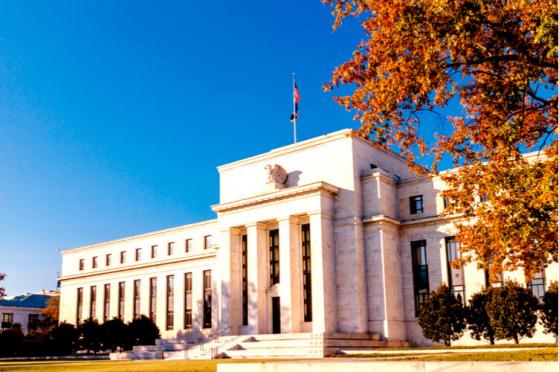On May 30, the Federal Reserve will meet to discuss the modification of the Volcker rule, which stops banks from trading in volatile markets for profit using funds that are protected by deposit insurance.
Weiss Ratings is raising the alarm on this particular meeting, saying that “US banking regulators are getting ready to water down the Volcker rule,” and that this might provoke more Americans to invest in cryptocurrencies as savings instruments.
“They want to make it easier for megabanks to take big risks with other people’s money—our money. They want to give banks the green light to trade more of the same kinds of assets that helped cause the 2008 debt crisis,” the company wrote in its blog.
Both Martin Weiss and Juan Villaverde—Weiss Ratings’ crypto guru—believe that this could lead to instability in American financial markets like that in 2008 when banks attempted to profit from subprime loans due to incentives that came under the guise of “affordable housing for everyone” that were passed in the 90s.
After the housing bubble burst and prices started crashing, the banks made major losses and the Federal Reserve had its hands tied. It had to either bail them out or let a large part of the global financial system collapse.
“There was, and still is, an over-reliance on megabanks—not only as depository institutions and custodians, but also as a major source of liquidity for global capital markets,” Weiss and Villaverde added.
The solution to this, according to them, is a movement towards cryptocurrencies as a means for savings.
“Cryptocurrencies do such a fundamentally better job as a safe depository, it’s difficult to envision a world in which this technology does not become a game-changer for money and banking,” they said.
This is much in line with the opinion of a majority of American millennials, 65% of which consider Bitcoin a safer investment than personal savings accounts offered by banks.
Despite all of the red flag waving, however, banks have historically found the Volcker rule to be confusing. The Fed’s meeting on May 30 could simply result in a rewrite of some of the restrictions that results in clarification.
A complete or even partial repeal of the rules isn’t likely, as the 2008 global crisis is still fresh in the minds of regulators, many of whom were present when Lehman Brothers floundered.
This article appeared first on Cryptovest
